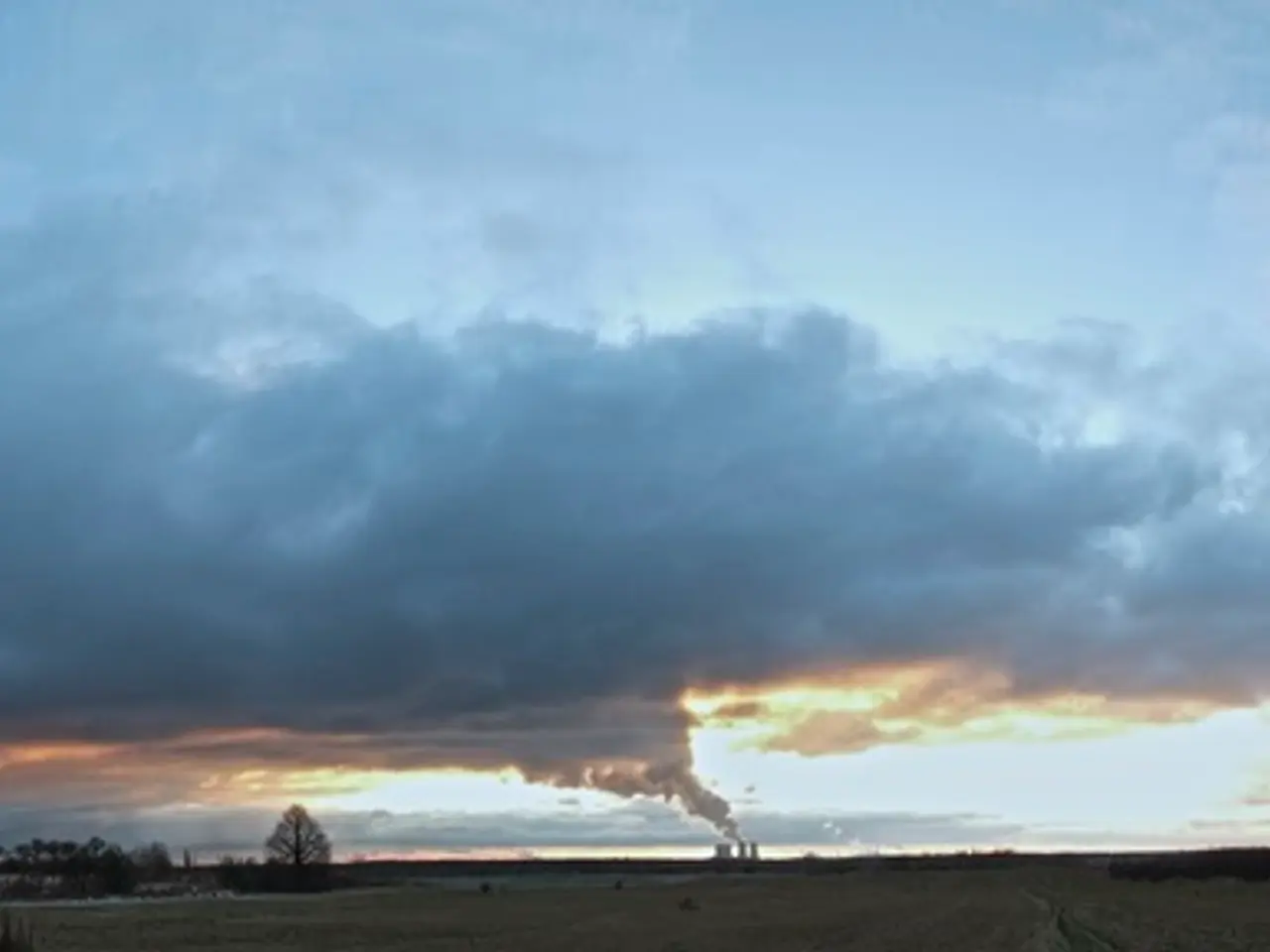Harmful Chemicals Pose a Risk to Informed Decisions and Fairness. What Role will Ethics Play in Handling This Issue?
In the midst of the global COVID-19 pandemic, a stark reality has emerged: the relationship between racism, classism, environmental toxins, and health equity.
Researchers have found that people of color are more likely to live, work, and go to school in areas with high levels of air pollution than their White counterparts. This over-exposure to dangerous ambient fine particulate air pollution is a concern across states, urban and rural areas, income levels, and exposure levels.
The consequences of this environmental injustice are dire. Studies have shown that air pollutants breathed in over time weaken the immune system and promote diseases like hypertension, heart disease, respiratory illnesses, and diabetes. This increased vulnerability has been linked to higher mortality rates of COVID-19 infections.
Sadly, this trend is not limited to the United States. A staggering 70% of hazardous waste sites that are listed on the National Priorities List (NPL) are located within one mile of a federally assisted housing complex, disproportionately affecting Black, Latinx, and Indigenous communities.
These communities have also been hit hardest by the COVID-19 virus. Black, Latinx, and Indigenous people have disproportionately experienced higher rates of COVID-19 infections, hospitalizations, and deaths from the virus.
During the global lockdowns, many facilities that used energy and emitted pollutants were temporarily not in service, resulting in a decrease in air pollutants. This short respite showed a glimpse of a cleaner future, as the temporary decline in air pollutants, particularly in the US, China, India, and Italy, was thought to have saved thousands of lives during the Covid-19 pandemic.
However, as many countries return to "normal," air pollutants are once again a threat to health. The persistent lack of information and meaningful consultation in licensing dangerous industries in systematically marginalized communities, particularly Black communities and other communities of color, is a concern for bioethicists.
Bioethics should take advantage of these lessons and make environmental justice a cornerstone of research and teachings on health justice. Eliminating environmental toxins for the sake of everyone's health, but in particular for the sake of poor people and people of color who disproportionately bear the burden of environmental toxins, is not just an ideal, but a matter of life and death.
New research has revealed a link between air pollution and likelihood of death from COVID-19. People who live in highly polluted areas are more likely to die once they have the COVID-19 virus. If pollution in some cities was just slightly less over the previous two decades, fewer people would have died during the 2020 Covid-19 pandemic.
The link between Covid-19 and air pollutants is another hurdle to making proper health available to people independent of their skin color, income, and where they live. The benefits we received from the short respite from extreme air pollution during lockdowns underscores the urgency of this issue.
In conclusion, the COVID-19 pandemic has provided a stark reminder of the intertwined crises of environmental pollution and health equity. It is crucial that we address these issues head-on to ensure a healthier, more equitable future for all.
Read also:
- Overweight women undergoing IVF have a 47% higher chance of conceiving naturally post-weight loss
- Bonsai Trees from Evergreen Species: Exploring Growth Characteristics & Distinct Qualities
- What temperatures may make walking your canine companion uncomfortable?
- Title: Information About Beovu: Potency, Form, Usage, and Additional Details






